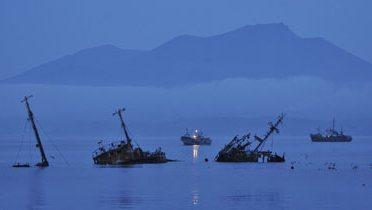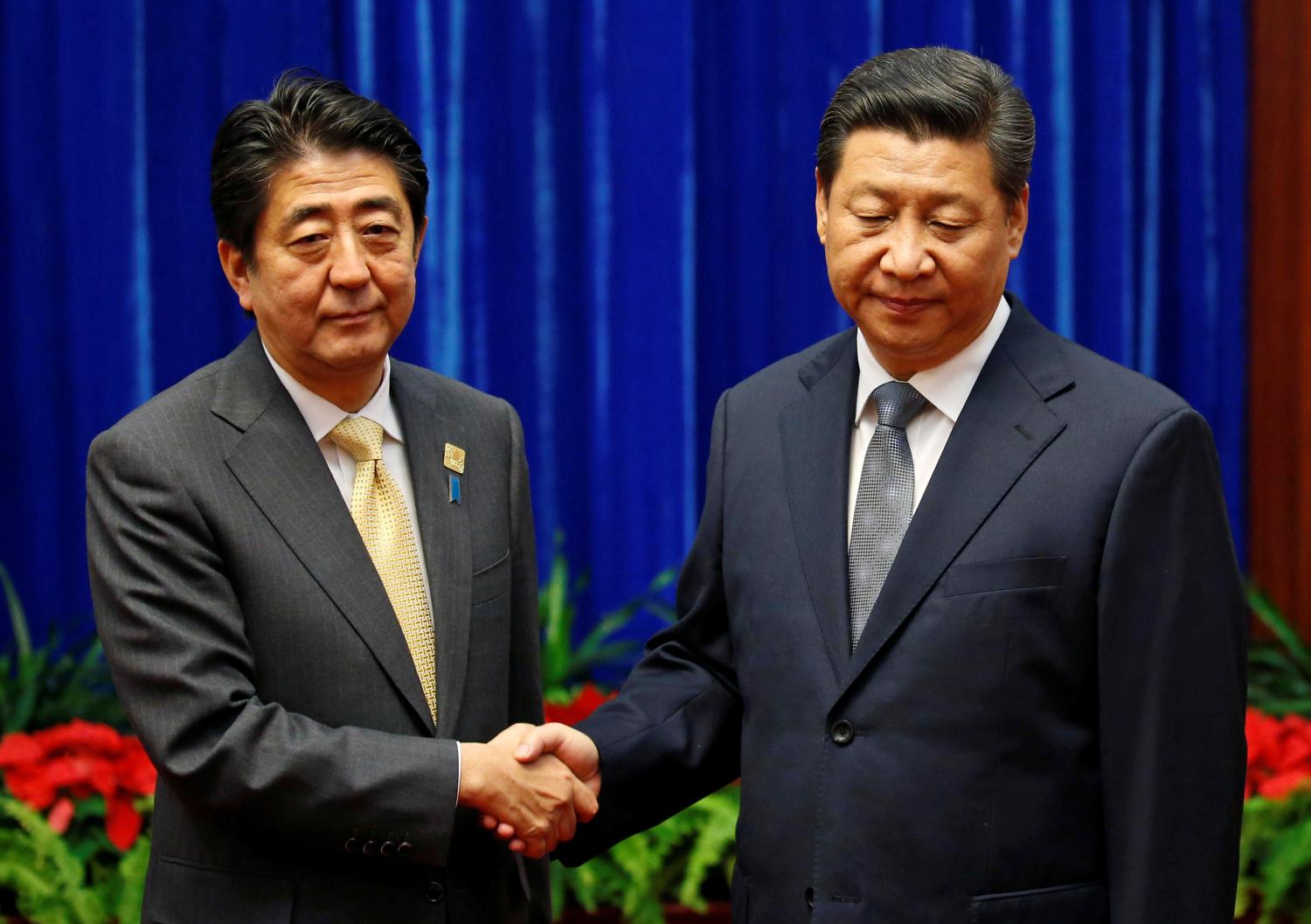Introduction:
Territorial disputes often become highly sensitive political issues. For example, whereas Japan takes the position that no territorial dispute exists regarding to Senkaku Islands, the world observed in September 2010 that an incident related to territorial sovereignty can easily turn into an extremely political issue which deeply affects the overall relationship between countries involved. On Japan’s northern frontier, Russian President Dmitry Medvedev’s visit in November 2010 to one of four islands—Etorofu, Kunashiri, Shikotan, and Habomai—that are disputed between Japan and Russia added another example, reviving the flames of controversy in both countries.
In order to achieve the peaceful solution of a territorial dispute, leaders must first reduce tension in their own countries, because any solution through negotiation is based on compromises. Leaders and negotiators have to convince their domestic audience that the compromising solution best serves their national interests. Usually, this is far from easy.
Russia and China settled their often-contentious 4,300 km border in 2004. Several conditions pushed the two governments toward the agreement, as will be demonstrated below. But the success of the settlement was due to the effective approaches to create mutual trust that were taken by the negotiators on both sides. Negotiators would not have been able to make the politically sensitive deal without it.
This paper will hold the Sino-Russian border demarcation as a successful example of efforts to create mutual trust and examine the role of cross-border cooperation in its context. What does the Sino-Russian case suggest on the Japan-Russian territorial problem? Can Japan and Russia apply similar approaches to their dispute over the four islands?[1]
The United States has played and likely will continue to play a significant role with regard to the Japan-Russia territorial problem. This paper will also explore how the United States can contribute to the solution of this issue and how it will serve U.S. interests in the Northeast Asia.
Finally, the paper will focus on the fight against cross-border crime as an opportunity to create trust between Japan and Russia. Among a variety of fields in which to create mutual trust, combating cross-border crime can be a useful agenda. Disputed borders are often conducive to cross-border crime, and illicit economies find room to make profits out of such situations since the authority of law imposed by the controlling state is frail in light of the other country’s (or countries’) claims. All sides usually have an interest in abating criminal activity. A focus on this common interest in fighting crime may reconcile conflicting interests of the countries involved in a given territorial disputes. Preventing crime is a very practical task, directly linked to people’s daily life, which can avoid political arguments in most cases.
[1] Russia claims that these four islands, Etorofu, Kunashiri, Shikotan, and Habomai, are part of the Kurile Islands, but Japan argues that they are not included in this group.
The Brookings Institution is committed to quality, independence, and impact.
We are supported by a diverse array of funders. In line with our values and policies, each Brookings publication represents the sole views of its author(s).




